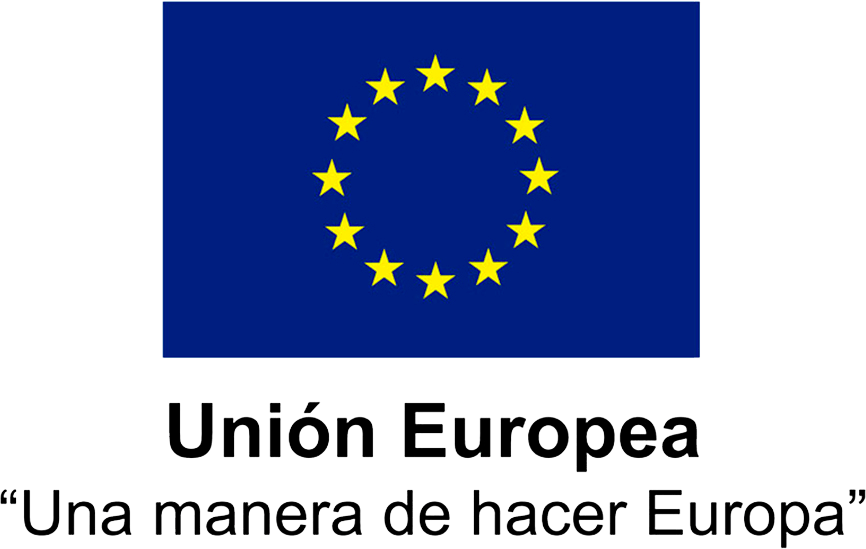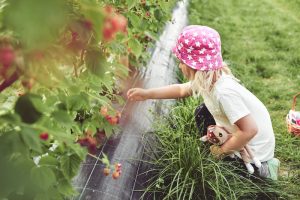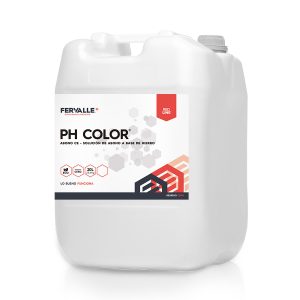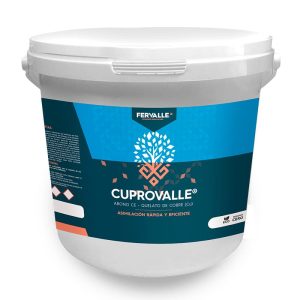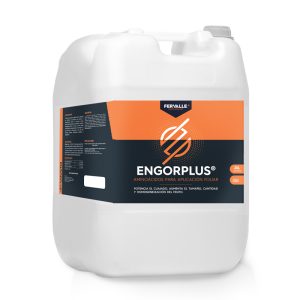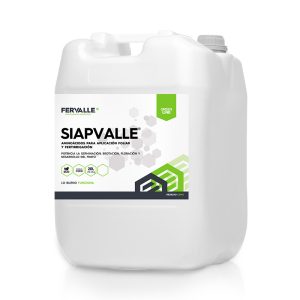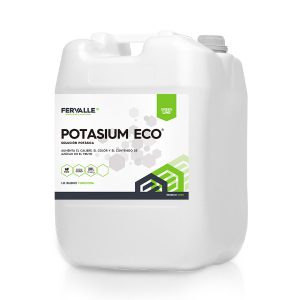We are in the new era of agriculture, an era that is based on the principles of sustainability and harmony with nature. Here, instead of forcing the earth to bend to our will, we work with it, allowing its natural cycles to guide our efforts. This is the essence of Organic Agriculture.
Organic farming: a revival of ancient farming methods
What is organic farming?
Organic farming is a form of farming that focuses on producing food in the most natural way possible. This practice moves away from conventional farming methods that rely heavily on chemicals and artificial technologies, turning towards a more balanced and sustainable approach. Rather than trying to dominate nature, organic farmers work with it.
Pillars of organic farming
Organic Agriculture is based on three fundamental pillars:
- Sustainability: This approach focuses on the efficient use of natural resources and minimizing environmental impact.
- Biodiversity: Organic farming systems favor biological diversity, creating a balanced and resilient ecosystem.
- Food quality: Food produced through Organic Agriculture is usually more nutritious and free of chemical residues.
Ecological agriculture in action
Now that we’ve broken down the pillars, it’s time to look at how Organic Farming is put into practice. Organic farmers employ a variety of techniques to maintain soil health, control pests, and produce high quality food. Some of these techniques include crop rotation, the use of organic fertilizer, and the integration of animals into the farm system.
Benefits of organic farming
For the environment
Organic farming has a significantly lower impact on the environment compared to conventional agriculture. By avoiding synthetic pesticides and fertilizers, water and soil pollution is reduced. In addition, organic farming systems promote biodiversity, helping to maintain healthy ecosystems.
For human health
Organic products are generally healthier. They are free of chemical residues and often contain more nutrients than their conventional counterparts. In addition, by promoting a cleaner environment, Organic Agriculture can help improve the overall health of communities.
For the local economy
By supporting organic farmers, we are also investing in our local economies. These farmers often sell their products locally, which means the money stays in the community and helps strengthen the local economy.
Meeting the challenges of organic farming
Pest mitigation
One of the biggest challenges in organic farming is pest control. However, organic farmers have developed various strategies for this, including crop rotation, the use of pest-resistant plants, and the introduction of natural predators of pests.
Education and awareness
Despite the many benefits of Organic Agriculture, many consumers and farmers are still unaware of these. Therefore, it is crucial to educate the public about the benefits of organic farming and how it can help create a more sustainable future.
Market access
Another challenge is access to markets. Organic farmers often face difficulties in accessing local and global markets. It is important to work on policies and strategies that facilitate market access for these farmers.
Fervalle organic fertilizers
At Fervalle we have developed an extensive catalog of high performance functional organic fertilizers that have the organic certifications of SOHISCERT, ECOCERT, CAAE and DEMETER.
FAQs about Organic Farming
What differentiates Organic Agriculture from conventional agriculture?
Organic Agriculture differs mainly in its approach to nature and the environment. It focuses on sustainability, biodiversity and food quality, avoiding the use of chemicals and harmful technologies.
Is Organic Agriculture more expensive?
In the short term, Organic Agriculture can be more expensive due to transition costs and lower initial yields. However, in the long term, it can be more profitable due to less reliance on chemical inputs and improved soil health.
Are organic products healthier?
Yes, Organic products are generally healthier. They are free of chemical residues and often contain more nutrients than their conventional counterparts.
Is Organic Agriculture the same as organic agriculture?
The distinction between organic and organic farming is mainly based on language and cultural trends. The European regulation 834/2007 establishing rules for the production and labeling of organic products states that the terms organic and ecological agriculture are synonymous.
Is Organic Agriculture enough to feed the world?
With the right techniques and policies, Organic Agriculture has the potential to feed the world sustainably. However, more investment and awareness is needed to achieve this goal.
